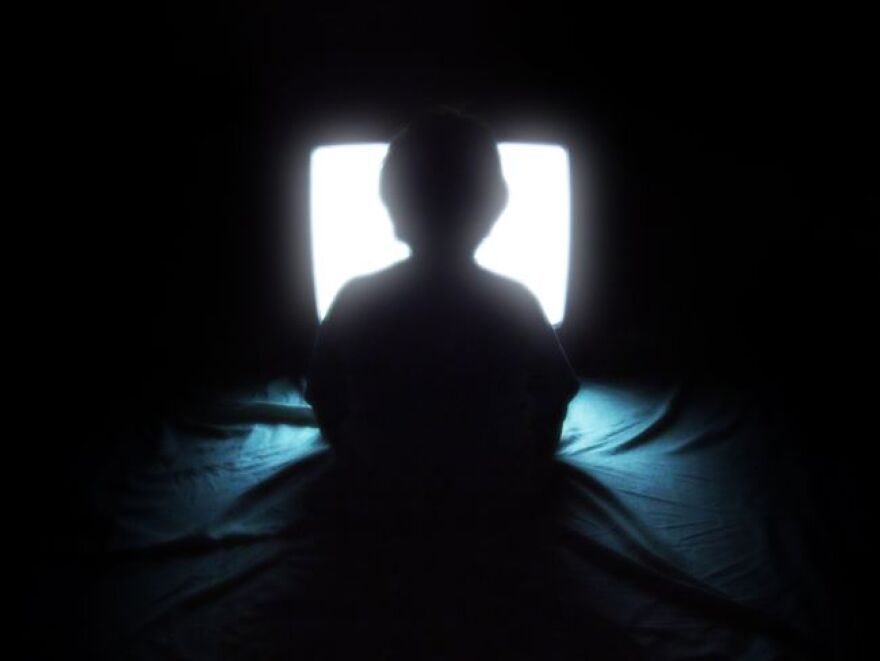The word binge is a paradox connoting both shame and pride.
The very same binge-drinking that is such a concern for parents and college administrators is, for certain students, something to brag about. Note the pyramids of empty beer cans that grace fraternity houses and the murky recollections of weekend benders bracketed with phrases like, “Oh my God, I was sooo drunk that night!”
That some don’t survive these adventures in besottedness doesn’t stop bingeing from happening, and may even increase the binge’s mystique.
But the paradox of binge spills over into less dangerous activities and extends into adulthood. Online streaming services like Netflix and Hulu have allowed people to spend hours, even days, glued to their couches watching whole seasons of their favorite shows all at one go. This has birthed a new term, “binge-watch,” and the way people describe binge-watching reminds us of the post-kegger college student. A binge-watching related status update might read “OMG. Just spent the entire weekend binge-watching season three of 'Storage Wars.' Who knew people had that much junk?”
These posts indicate pride (“Look, I did a thing!”), but also indicate guilt about having spent an entire weekend at it (thus, the “OMG”).
The paradox of binge gets at the heart of some basic paradoxes of consumer culture. Advertisers encourage us to consider consumption a virtue: the more we consume, the better people we are. But our guts and our collective work ethic tell us something very different: we shouldn’t overindulge, and we should spend time more productively or more meaningfully.
Given that our economy is dependent on the false virtue of bingeing, but that our long-term contentment is dependent on moderation and meaning, I doubt we’ll resolve the paradox of binge any time soon.




